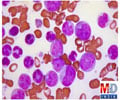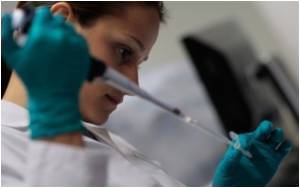Children at livestock farms could be running the risk of blood cancer in later life, a New Zealand study seems to show.

Centre for Public Health researcher Dr Andrea ‘t Mannetje and her team found the risk of developing a blood cancer was three times as high for those who had grown up on a poultry farm.
The authors based their findings on an analysis of more than 114,000 death certification records from 1998 to 2003 for those aged between 35 and 85 and resident in New Zealand.
The study is part of a programme grant made by the Health Research Council to the Centre for research into different aspects of occupational health.
The findings support previous studies that suggest that farmers are at increased risk of blood cancers; the possible explanations for which have focused on exposure to pesticides or infections as a result of contact with farm animals. However, most of the previous research has focused on exposure in adulthood, with little information on potential early life factors.
During the study period, just over 3000 deaths were attributed to blood cancers and growing up on a livestock farm was associated with a higher risk of developing such a cancer.
This association was not apparent for those who had grown up on arable/crop farm, although working on one of these farms as an adult was associated with a higher risk.
Advertisement
Growing up on an arable/crop farm conferred an almost 20 per cent lower risk of developing a blood cancer, but crop farming as an adult was associated with an almost 50 per cent increased risk.
Advertisement
The findings were published by the UK-based Occupational and Environmental Medicine journal.
Source-Medindia














